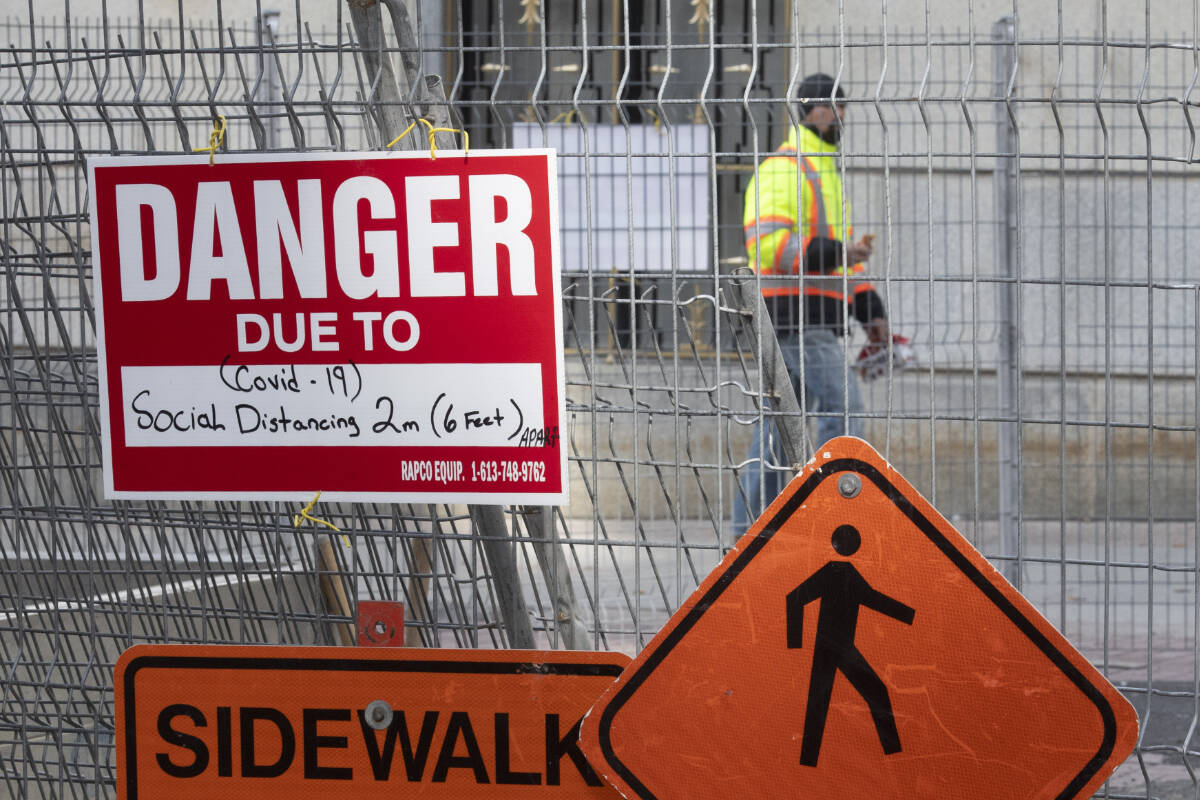The Canadian Federation of Independent Business (CFIB) is calling on WorkSafeBC to give $2.9 billion in excess funds back to business owners.
In a news release, CFIB found that seven provincial and territorial workers’ compensation boards are in an over-funded position. WorkSafeBC was near the top with assets 153 per cent higher than liabilities — far above their targetted funding ratio of 130 per cent. Only PEI was higher at 155 per cent.
CFIB is calling on the government to issue a rebate on the excess funds so business owners can put it toward COVID-19 recovery efforts and reinvest in their businesses. For a business with five employees, CFIB estimates that rebates should be $6,189 in B.C.
“Obviously, workers’ compensation systems need to be adequately resourced to continue the important work of supporting workers and making workplaces safer. But when you have funds reaching levels that are millions — in some cases billions — of dollars above even their upper targets, it’s time to return that money to hard-working small business owners,” said Ryan Mallough, CFIB senior director of provincial affairs.
B.C. wouldn’t be the first province to issue rebates. Earlier this year, Ontario rebated $1.5 billion and Manitoba gave back $95 million. In 2021, PEI gave a $25 million rebate.
Nine workers’ compensation boards across Canada have rebate policies and last year Ontario became the first to legislate mandatory rebates when overfunding reaches a certain level. B.C. is one of only three provinces without a policy.
Recent CFIB research shows that over the course of four years the B.C. government has increased provincial payroll costs by over $161,000 per business with 20 employees earning minimum wage. This figure does not include additional payroll costs by the federal government in the form of EI and CPP.
CFIB is calling on B.C. to institute a WorkSafeBC rebate policy and legislate surplus distribution policies as Ontario has done.
@SchislerCole
cole.schisler@bpdigital.ca
Like us on Facebook and follow us on Twitter.

